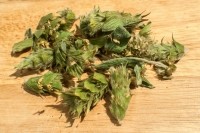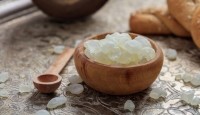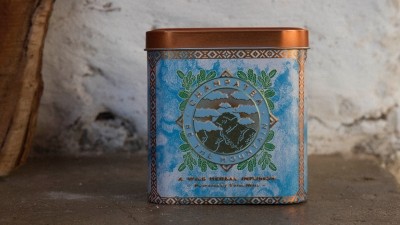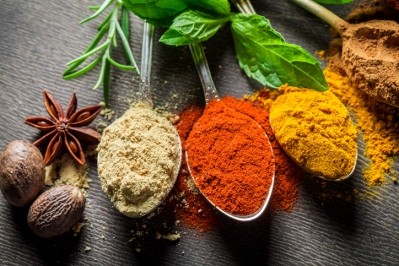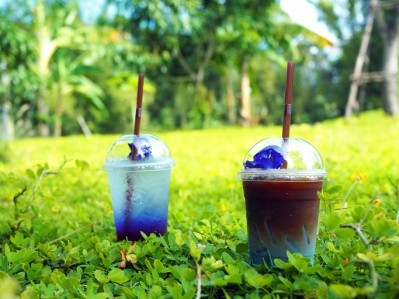Mountain tea, mastic & chamomile: Greek juice firm uses local botanicals for artisan appeal
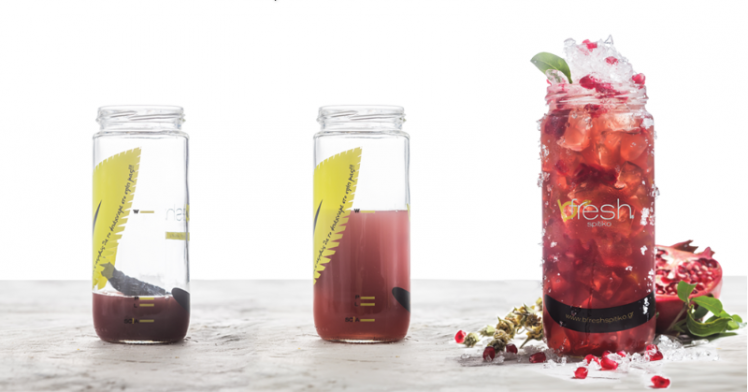
According to analysts at market research company Mintel, botanicals and spices can be used to breathe life into traditional beverage flavours such as citrus and berry and “inspire” consumers. Ginger, cinnamon, coffee and cucumber are just some examples already being used by some of the bigger players such as Coca-Cola and PepsiCo.
Bfresh Spitiko's nine-product range includes spicy lemonade with chilli; lemonade with ginger; lemonade with Chios mastic; pomegranate with green tea; pomegranate with Greek mountain tea; apple with chamomile; and apple with bergamot.
The reason behind its choice of botanicals and aromatics was a desire to use fresh ingredients that are unique to Greece, communications consultant for Bfresh Spitiko Maria Tsirimokou said.
Greek mountain tea is made from the dried flowers, leaves and stems of the Sideritis plant (Sideritis syriaca, also known as ironwort in English) which grows
throughout the mountains in the Mediterranean and Balkans.
It is caffeine-free and has its own distinct flavour.
“When drinking Greek mountain tea you get a mouthful of […] creamy sage that leaves behind a velvety sweetness in the back of your throat,” she told FoodNavigator. “Combined with pomegranate juice, it adds up the necessary sweetness and a slightly tart taste, which balances well with the all the other ingredients.”
Meanwhile, Chios mastic, which has enjoyed protected designation of origin (PDO) in Europe since 1992, is neither a spice nor a herb but the hardened resin from the mastic tree, native to the Greek island of Chios.
“[This is] the only place in the world where the tree exudes its aromatic resin—hence mastic's Greek nickname, ‘tears of Chios’,” she said. “Chios mastic releases a refreshing, slightly pine or cedar-like flavour but it's hard to describe it. We're experiencing it as sweet with a heady, herbal aroma and a light flavour of pine.”
The company was founded by Vasileios Roubis in 2011 after he noted a gap in the market for healthy, artisan beverages.
The juices must be diluted before serving (but are not made from concentrate, the company says), which is in keeping with its ‘home-made branding’ - spitiko means home-made in Greek. One part juice must be diluted with four parts of still or sparkling water.
Preservative-free, the juices are gently pasteurised and keep for up to one year after the date of production.
The company, which benefitted from EU funding to boost the export potential of small and medium-sized businesses (SMEs), will be exhibiting at SIAL later this month.
Bfresh Spitiko currently shifts around 17,500 bottles a month, selling mostly in cafes, restaurants and bars around Greece, Cyprus, Germany and Denmar, with larger format bottles for the foodservice sector
It is also gearing up to distribute to other EU countries in the coming months, Tsirimokou said.
Bfresh Spitiko is not the only company harnessing the power of herbals in the drinks category. Hellas Farms uses Greek mountain tea in its Tuvunu soft drink.
